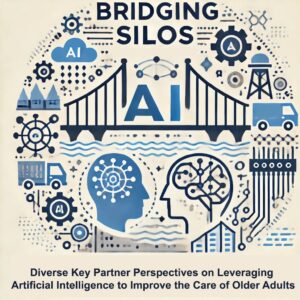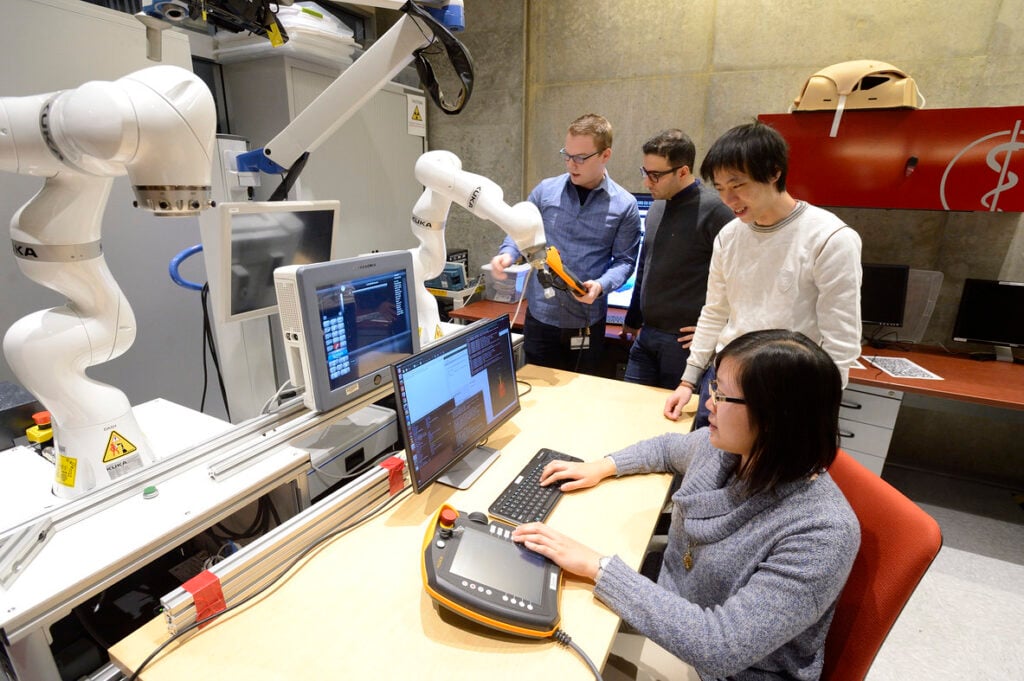
Clinical and Stakeholder Research Resources
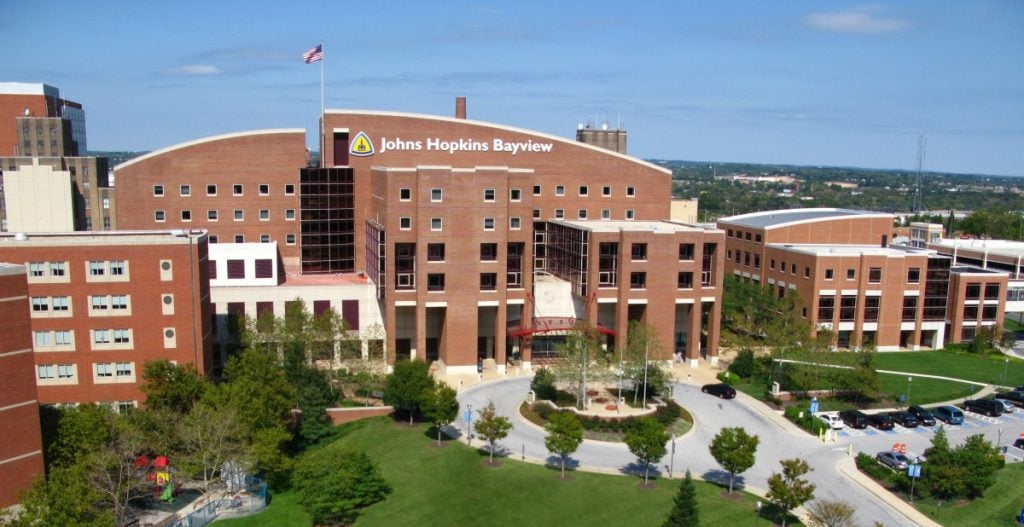
Resources
- Access to older adults for human subjects research in a wide variety of clinical settings, including outpatient clinics, hospital settings, and homebound settings
- A registry of over 800 older adults living independently in the Baltimore metropolitan area willing to be contacted for participation in relevant studies
- A team of experienced research coordinators who can help develop and initiate studies involving older adults across clinical settings
- Space on the Johns Hopkins Bayview Medical Campus in Baltimore, Maryland for clinical and technology research that involves human subjects
- Facilitation of access to health care databases that can be utilized for the development of technologies or AI
- Access to human subjects in underserved urban and rural communities through partnerships with the Baltimore VA Medical Center and the Veterans Rural Health Resource Center in Iowa
- Access to older adult stakeholders, including those in rural and urban settings, who can provide feedback on emerging uses of AI and technologies; this includes access to trained research staff who can help develop and lead stakeholder research
Engineering Resources
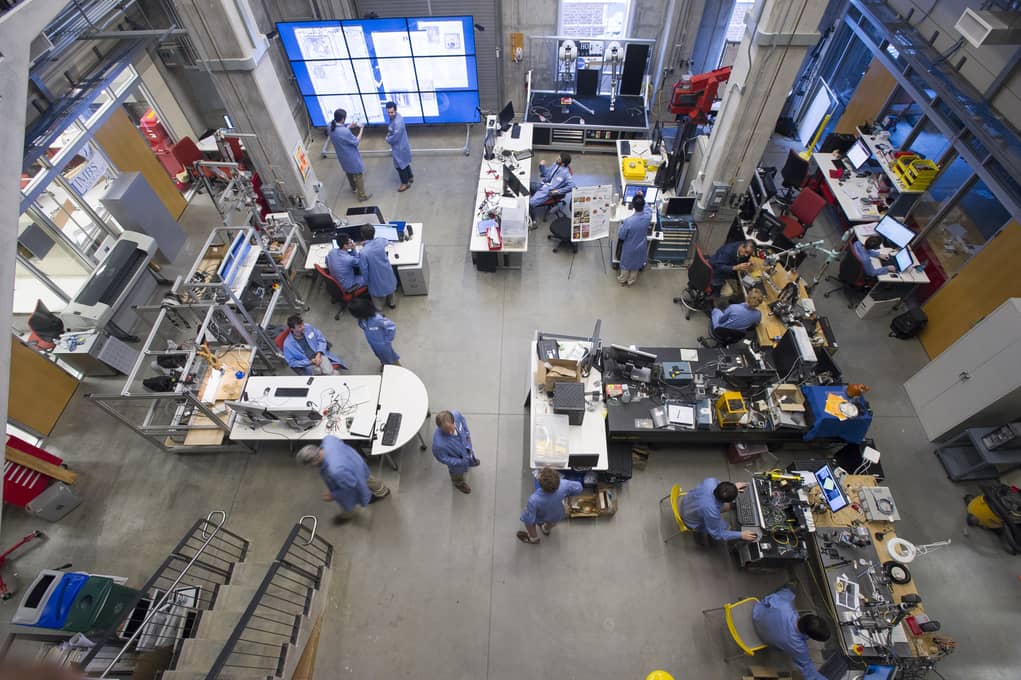
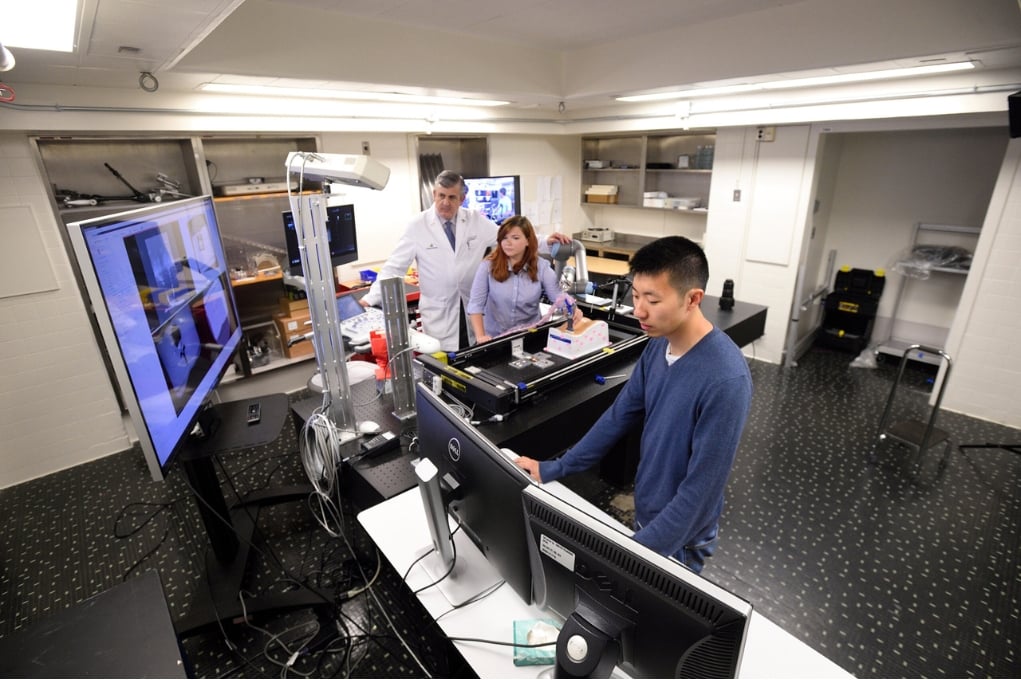
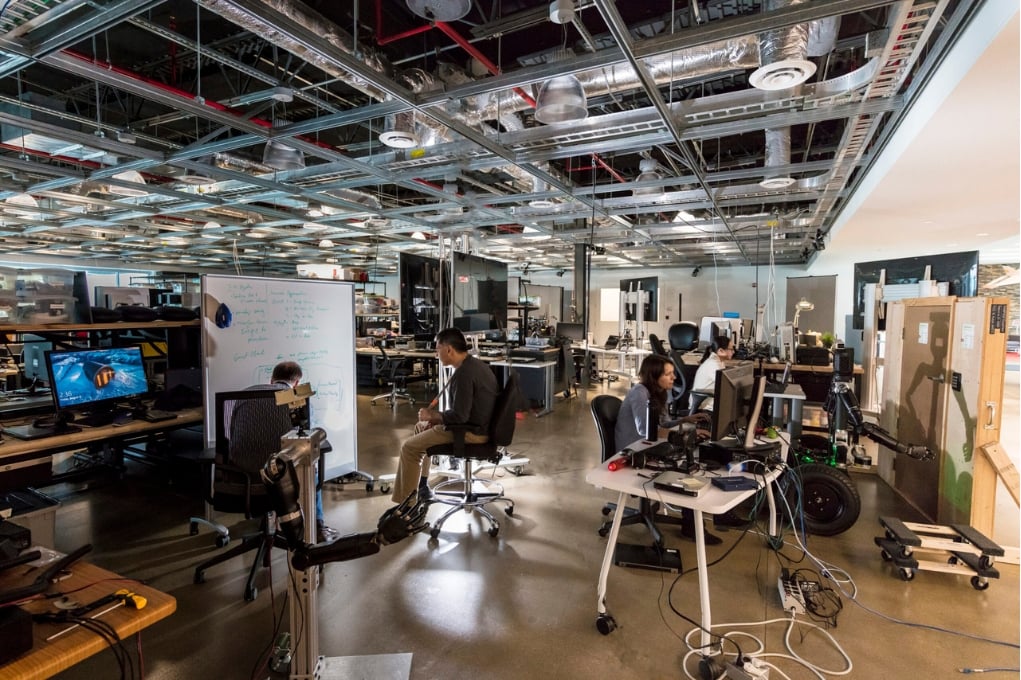
Resources
- Consultation with JH AITC-funded investigators working in the Laboratory for Computational Sensing and Robotics, the Malone Center for Engineering in Healthcare, the Artificial Intelligence for Engineering and Medicine (AIEM) Lab, the Center for Imaging Science, and the Center for Language and Speech Processing
- Guidance on evaluation plans
- Funding and space for creating prototypes
- AI and data science expertise
- Consultation with AIEM for domain adaptation of machine learning algorithms and systems, bias detection and mitigation, and protecting machine learning/AI systems against adversarial attacks
Data and Data Platform Access
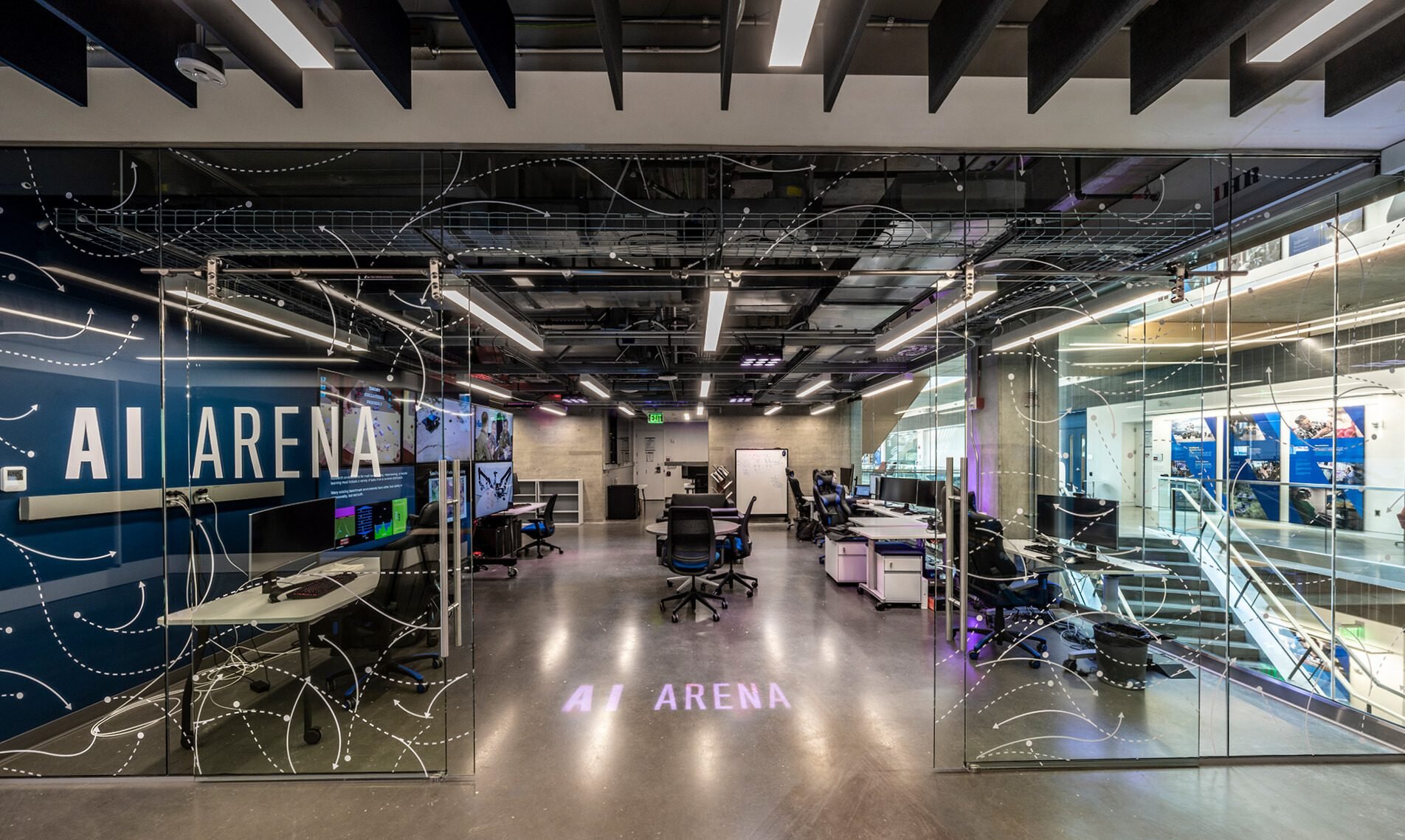
Resources
- Access to use of the Precisions Medicine Analytics Platform Data Commons, a secure research environment for the analysis of Hopkins-based clinical datasets by pilot teams and data scientists
- High-performance computing, highly reliable data storage, and outstanding collaborative scientific support to empower computational research, scholarship, and innovation available through the Maryland Advanced Research Computing Center
- Access to programs that assist in the mining of “big data” related to the health care of older adults that can be utilized, for example, to identify geriatric frailty, dementia, and many other conditions
- Data organization and vetting in the development of specific engineered and AI related products meant to improve the health and well-being of older adults
- Access to a common platform for disparate data consolidation and integration
- Harmonization of data elements
Networking and Mentoring Opportunities

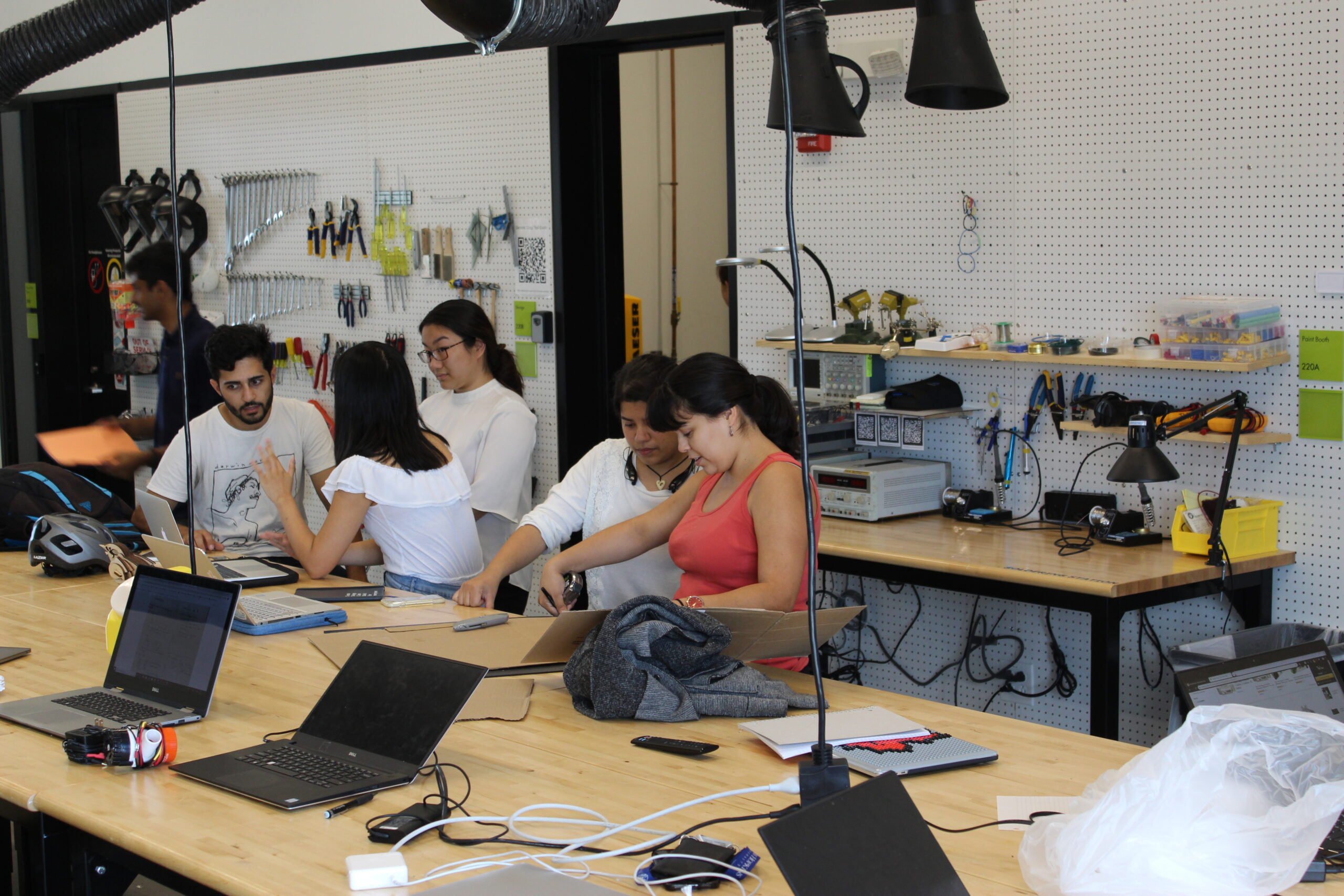

Resources
- Access to industry, government, and academic key opinion leaders to facilitate the advancement of science relevant to the health and well-being of older adults
- Access to training opportunities, including a portfolio of online materials on the key aspects of AI and aging
- Networking opportunities with business and resource providers to facilitate discovery commercialization
- Access to Baltimore-based spaces for in-person team meetings, brainstorming and grant development feedback, and launchpad and pitch events
- Access to business consulting services through the Carey Business School
Collaborators
FINANCE
MARKETING
ORGANIZATION
MEDICINE & TECHNOLOGY
Johns Hopkins geriatricians Jessica Colburn and David Hurwitz share their views on how technology and artificial intelligence could benefit older adults. They discuss what challenges related to healthcare technology might be addressed, considerations in the design and development of technology intended to help older adults and facilitators, and barriers to older adults’ adoption of new technologies.
For some context of what older adults and their caregivers encounter when transitioning from hospital to home health care, please view this video, in which Dr. Arbaje describes a Hospital-to-Home-Health Transition Quality (H3TQ) Index that she and her research team developed to measure care transition quality—including a link in the description box to obtain a free license to use it.
